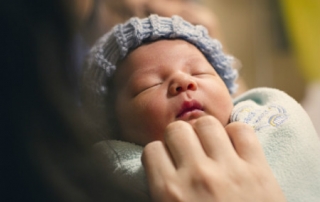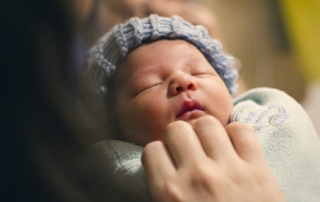FDA Approves Nonhormonal Drug for Hot Flashes: Low-Dose Paroxetine to be Marketed as Brisdelle
The FDA recently approved a 7.5-mg formulation of the selective serotonin reuptake inhibitor (SSRI) paroxetine mesylate for the treatment of hot flashes. It will be marketed under the name of Brisdelle.







